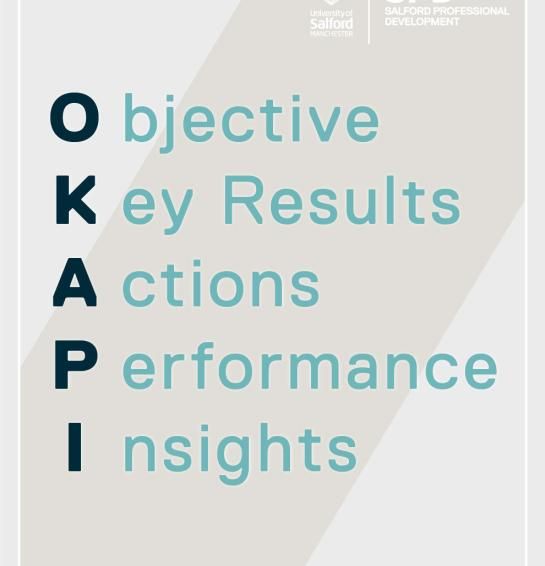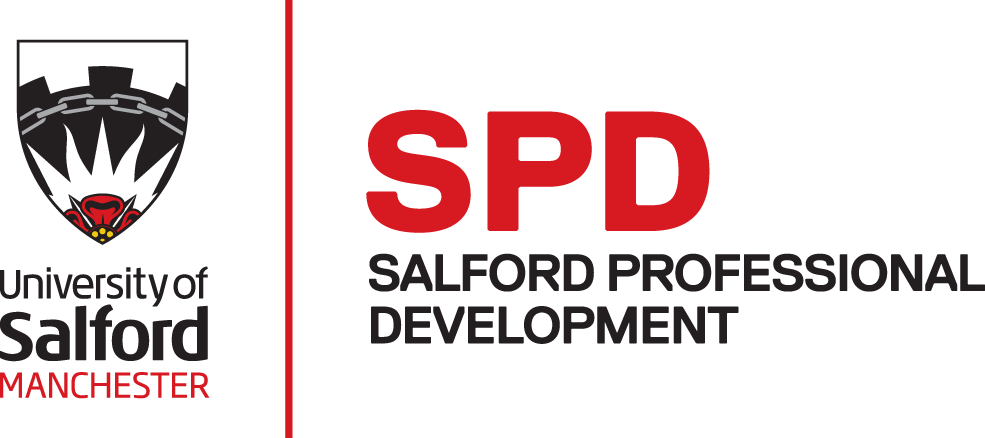Unveiling Success with the OKAPI Framework
Unveiling Success with the OKAPI Framework
The OKAPI framework allows organisations to navigate complex challenges and stand out in a competitive landscape. This framework emerges as a beacon in this pursuit, offering a comprehensive methodology that promises transformative benefits. In this blog, we will delve into the OKAPI framework, its core components, and the remarkable advantages it brings to organisations.
Understanding the OKAPI Framework:
OKAPI is an effective operational excellence framework designed to align an organisations strategies, processes, and resource. OKAPI, which stands for Objective, Key result, Actions, Performance, and Insights helps organisations achieve goals, track progress and continuously improve performance.
Key Components of the OKAPI Framework:
- Objective: Begin by defining clear and specific objectives that match your organisations visions and goals. These objectives should be ambitious yet realistic and achievable, serving as a guide.
- Key Results: Identify key results and measurable outcomes that indicate the progress made towards achieving the objectives. Key results provide tangible metrics to understand and track success.
- Actions: What are the actions required to drive progress towards the objectives and key results. These actions should be actionable, time-bound and directly linked to the goals.
- Performance: Remember to continuously monitor and measure performance by tracking the metrics associated with key results. Regular performance reviews can provide insights into whether your organisation is on track to achieving its objectives.
- Insights: Analyse the collected data and insights to gain a deeper understanding of the effectiveness of actions and strategies. Insights can inform future decisions and enable adjustments to enhance performance.
Benefits of the OKAPI Framework:
Employee Engagement and Alignment
OKAPI ensure that every employee understands the organisations objectives and their role in achieving them. The framework also promotes a culture of engagement and encourages involvement into achieving business objectives.
Continuous Improvements
By analysing insights and performance data, organisations can make informed decisions to improve processes and outcomes over time.
Flexibility and Adaptability
As market condition change, the OKAPI framework allows organisations to adapt quickly and make changes to strategies while keeping the overarching objectives intact.
Measurable Progress
The OKAPI framework’s emphasis on key results and performance metrics provides a quantifiable way to track progress and success, eliminating ambiguity.
Efficiency and Effectiveness
OKAPI can help your organisation allocate resources efficiently, ensuring that efforts are directed towards the most impactful actions.
Implementing OKAPI:
Implementing the OKAPI framework requires commitment from leadership, clear communication throughout the organisation and the utilisation of tools for tracking progress and performance. It is essential to provide training and support to ensure everyone is well-equipped to contribute effectively. Here at Salford Professional Development, we offer the 2-day Operational Excellence Programme that covers the OKAPI framework and others in detail, click here to find out more.
To conclude, the OKAPI framework presents a structured approach to achieving operational excellence through well-defined objectives, measurable results, focused actions, performance monitoring and insightful analysis. Organisations can navigate the complexities of todays business landscape with confidence, drive continuous improvements and ultimately reach new heights of success.



